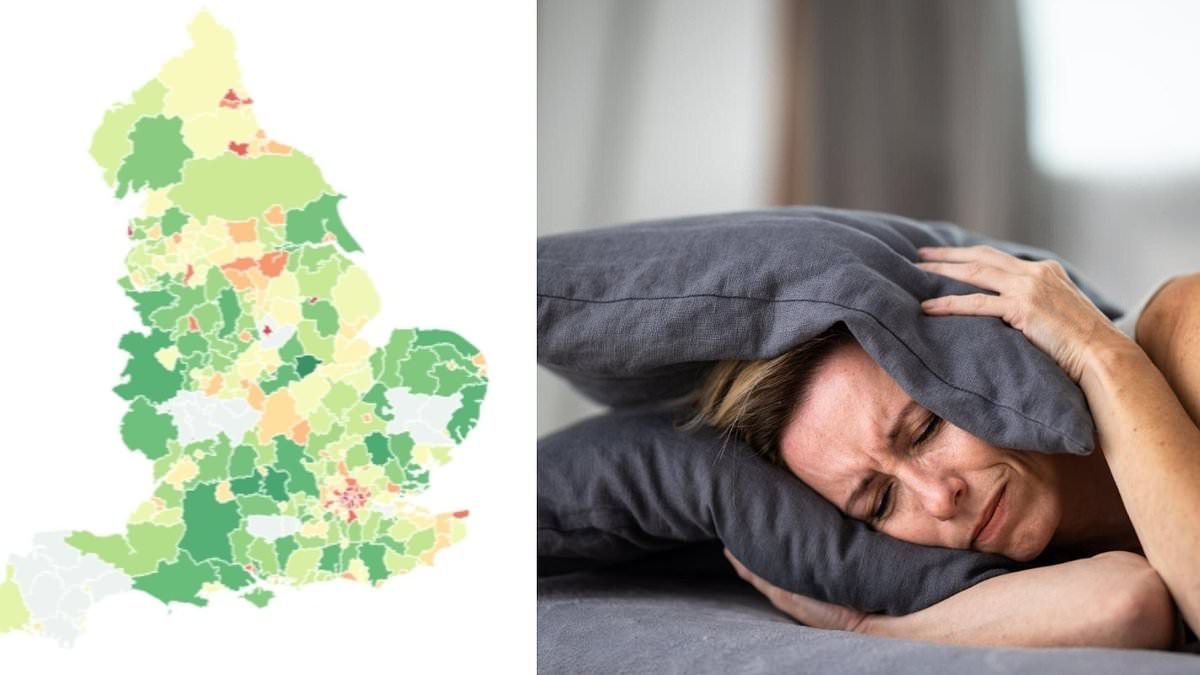Copyright Anchorage Daily News

The Food and Drug Administration has approved a new nonhormonal menopause medication to treat hot flashes. Elinzanetant, which was given the green light Friday under the brand name Lynkuet, belongs to a new class of drugs designed to target what is believed to be a key mechanism responsible for menopause-related hot flashes and night sweats. Lynkuet, a once-daily pill, is expected to be available in the United States starting in November, Bayer said. A similar drug, Veozah (fezolinetant), was approved in 2023. The facts - Most people - up to 80 percent - experience hot flashes and night sweats during menopause, but they have limited effective treatment options outside hormone therapy, which may be contraindicated for those with a history of certain cardiovascular conditions or cancers, particularly breast cancer. - Elinzanetant, a nonhormonal medication, targets neurons in a part of the brain responsible for temperature regulation and appears to help reduce hot flashes. The drug may also help with sleep. - In a clinical trial, the drug reduced the frequency of daily moderate to severe hot flashes by more than 73 percent after 12 weeks. Those on the placebo reported a 47 percent reduction. How does elinzanetant work, and how is it different from Veozah? Elinzanetant, a neurokinin receptor antagonist, is intended to target KNDy neurons in the hypothalamus, a region of the brain responsible for temperature regulation. With declining estrogen levels during the transition to menopause, it is believed that the ovaries lose the ability to communicate properly with these neurons, causing them to become overactive and triggering hot flashes, said Stephanie Faubion, the medical director of the Menopause Society and the director of the Center for Women’s Health at Mayo Clinic. “It’s a malfunctioning thermostat,” she said. Both elinzanetant and Veozah block neuron receptors, specifically NK3 receptors, which appears to help reduce the frequency and severity of hot flashes. Elinzanetant also blocks NK1 receptors, which are involved in sleep regulation. Faubion said the drug is believed to help with sleep and may have an additional hot-flash benefit by playing a role in dilating the blood vessels, which helps to cool the body. “These drugs are effective in reducing hot flashes in clinical trials, but our experience in the real world is still pretty nascent,” she said. Is it toxic to the liver, and does it cause other side effects? The FDA last year issued a boxed warning - a warning required to appear on a prescription drug to highlight potentially serious health risks - for Veozah about rare cases of liver injury, in light of a report of a patient who experienced elevated liver values within 40 days of starting the medication. The liver values normalized after the patient stopped taking it. Because of that potential risk, patients are told to get liver function testing monthly for the first three months and then at the six-month and nine-month marks. Because elinzanetant is new to the market, there is no real-world data on potential liver problems. But in clinical trials, no cases of liver enzyme elevations met the criteria for liver injury, said JoAnn V. Pinkerton, a professor of obstetrics and gynecology and the director of the Midlife Health division at the University of Virginia, who was a primary investigator on the elinzanetant studies. The FDA is recommending liver function tests before starting Lynkuet (elinzanetant) and at the three-month mark. Clinical trial participants also reported headache, fatigue and joint pain. How much will it cost? Bayer, the maker of Lynkuet, said the wholesale cost will be $625 for a 30-day supply, and patients may pay a portion depending on their insurance coverage. With a copay savings card, some people may pay only $25 a month, the company said. Veozah costs about $500 per month without insurance, and it is not always covered by insurance. Rajita Patil, an assistant clinical professor in OB/GYN at the University of California at Los Angeles and the director of UCLA Health’s Comprehensive Menopause Program, said she suspects having elinzanetant on the market will help drive down costs. What are other nonhormonal treatments for menopause? The only other nonhormonal medication approved by the FDA to treat symptoms of menopause is a selective serotonin reuptake inhibitor called Brisdelle, which contains paroxetine in a lower dose than the antidepressant drug Paxil. Gabapentin, an anti-seizure and nerve pain medication, is used off-label to help ease hot flashes. Having multiple medications that are effective for managing hot flashes is important because hot flashes are not simply a nuisance, Patil said. Their frequency and severity have been linked to an increased risk of cardiovascular disease and dementia. “It’s really important that we are taking hot flashes seriously,” she said.



